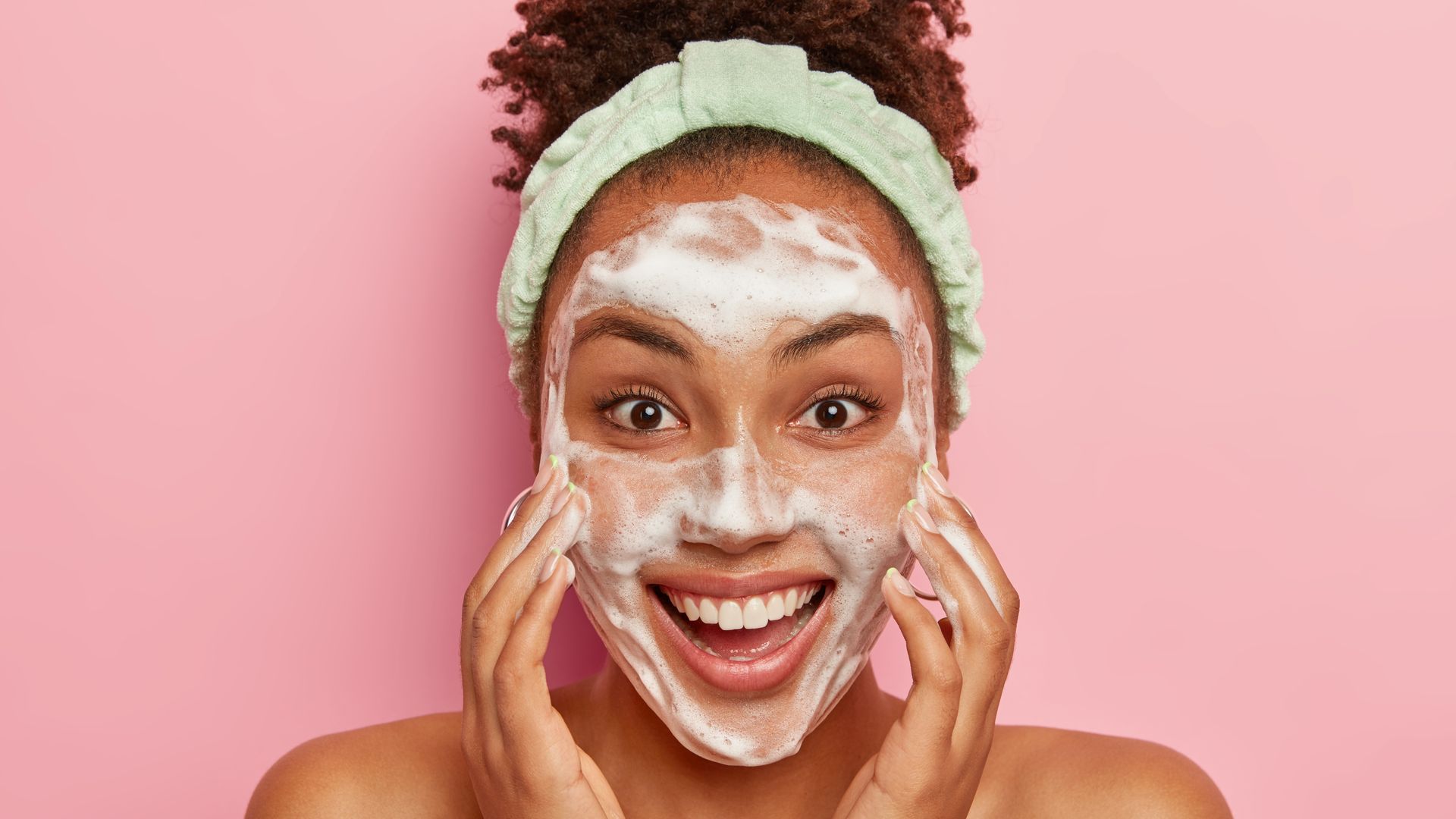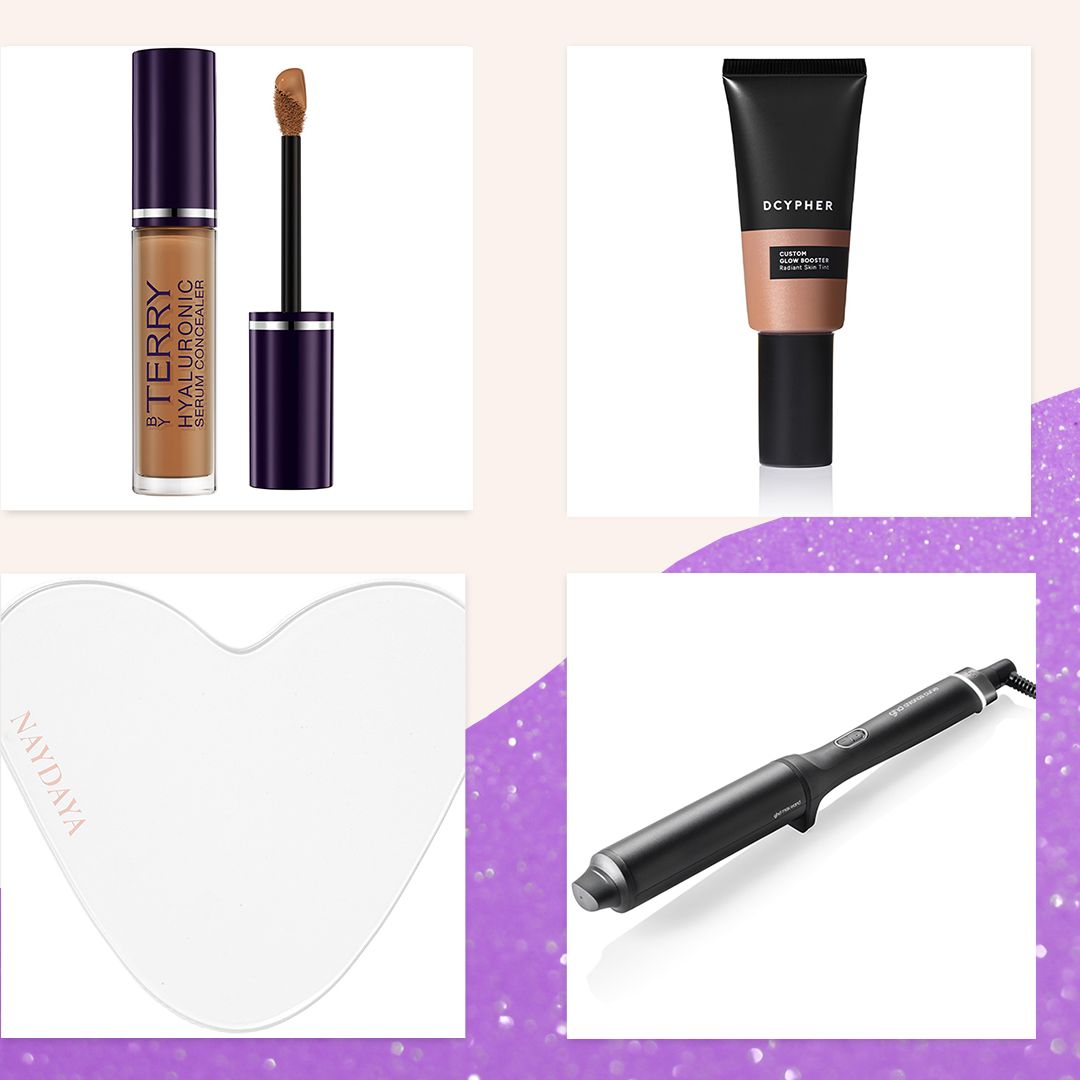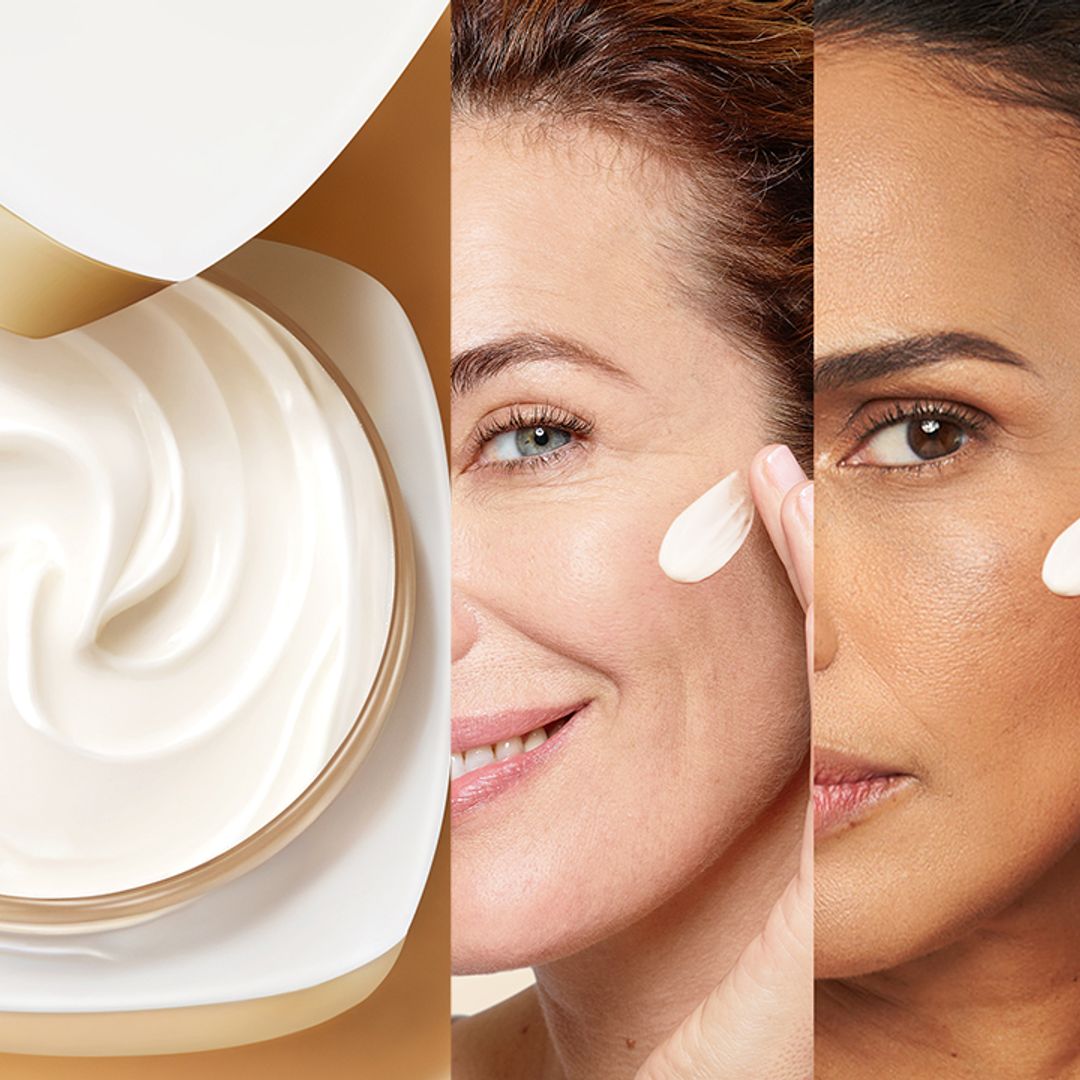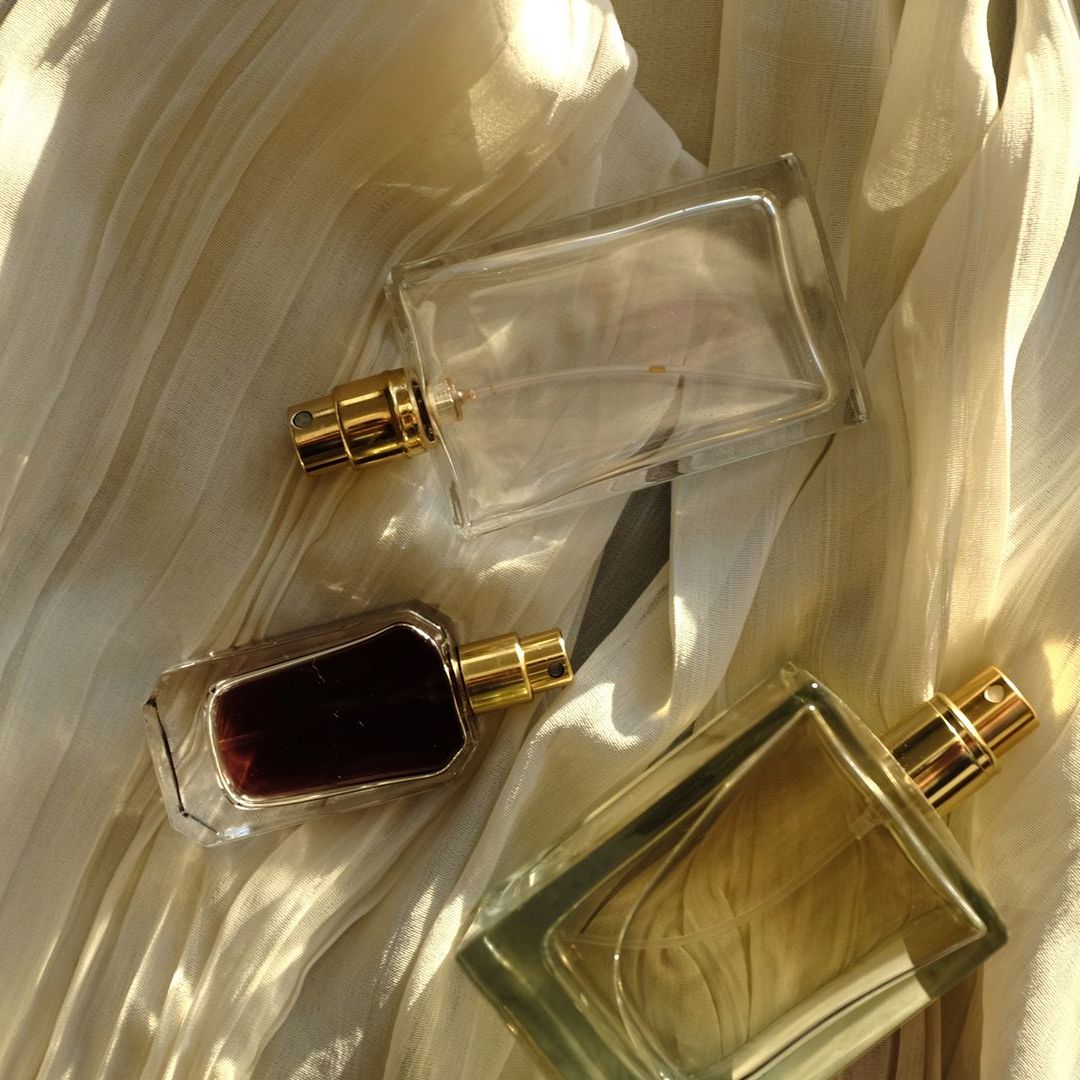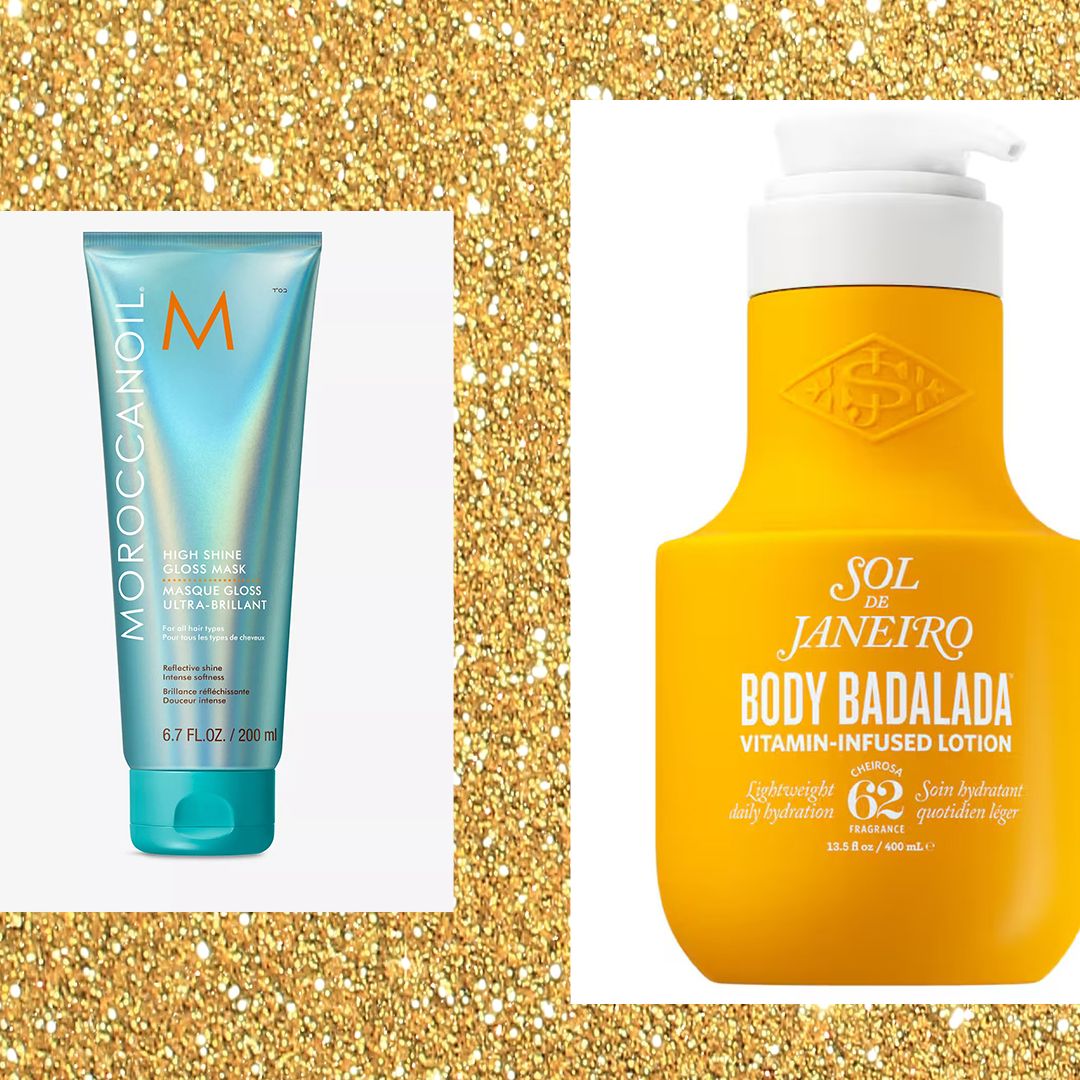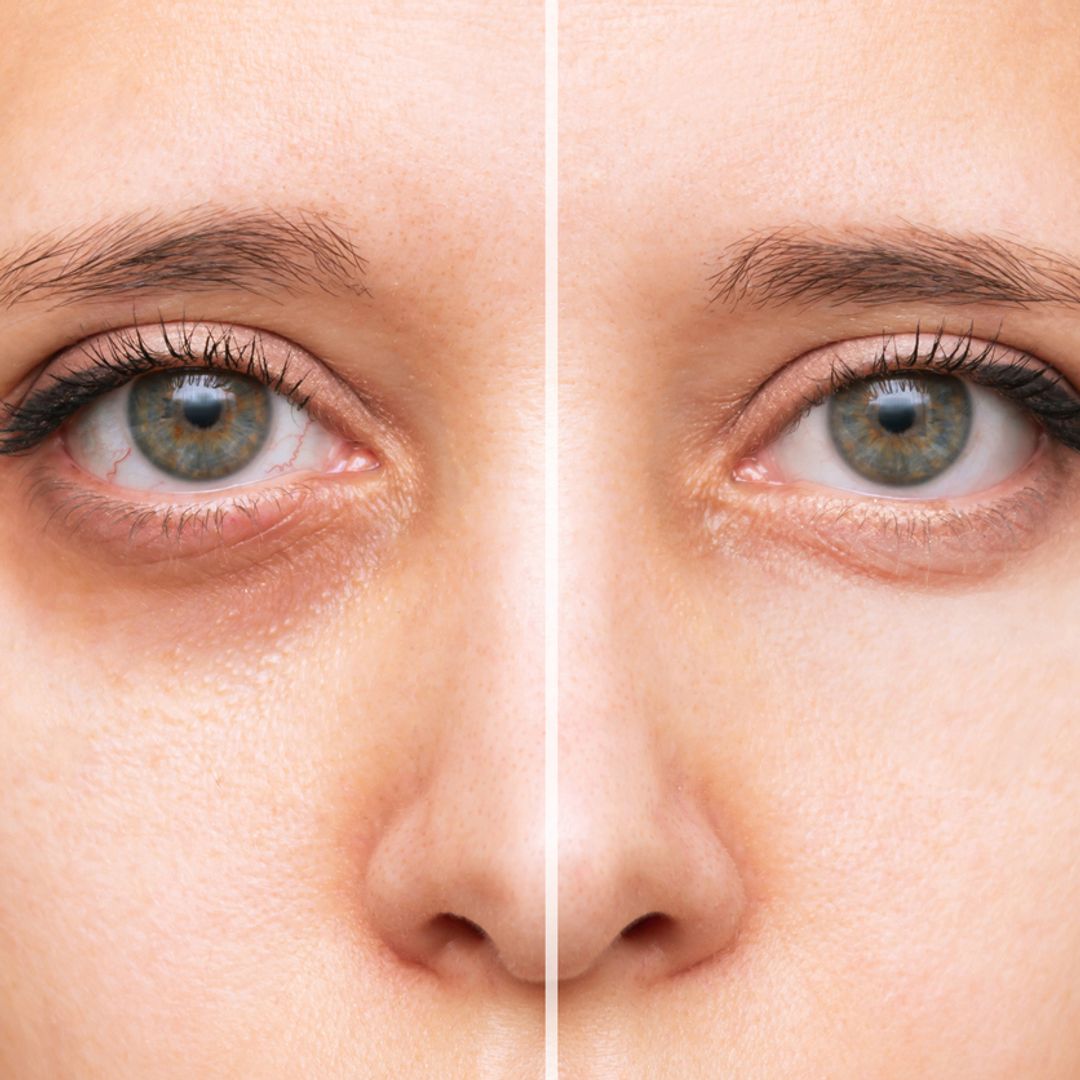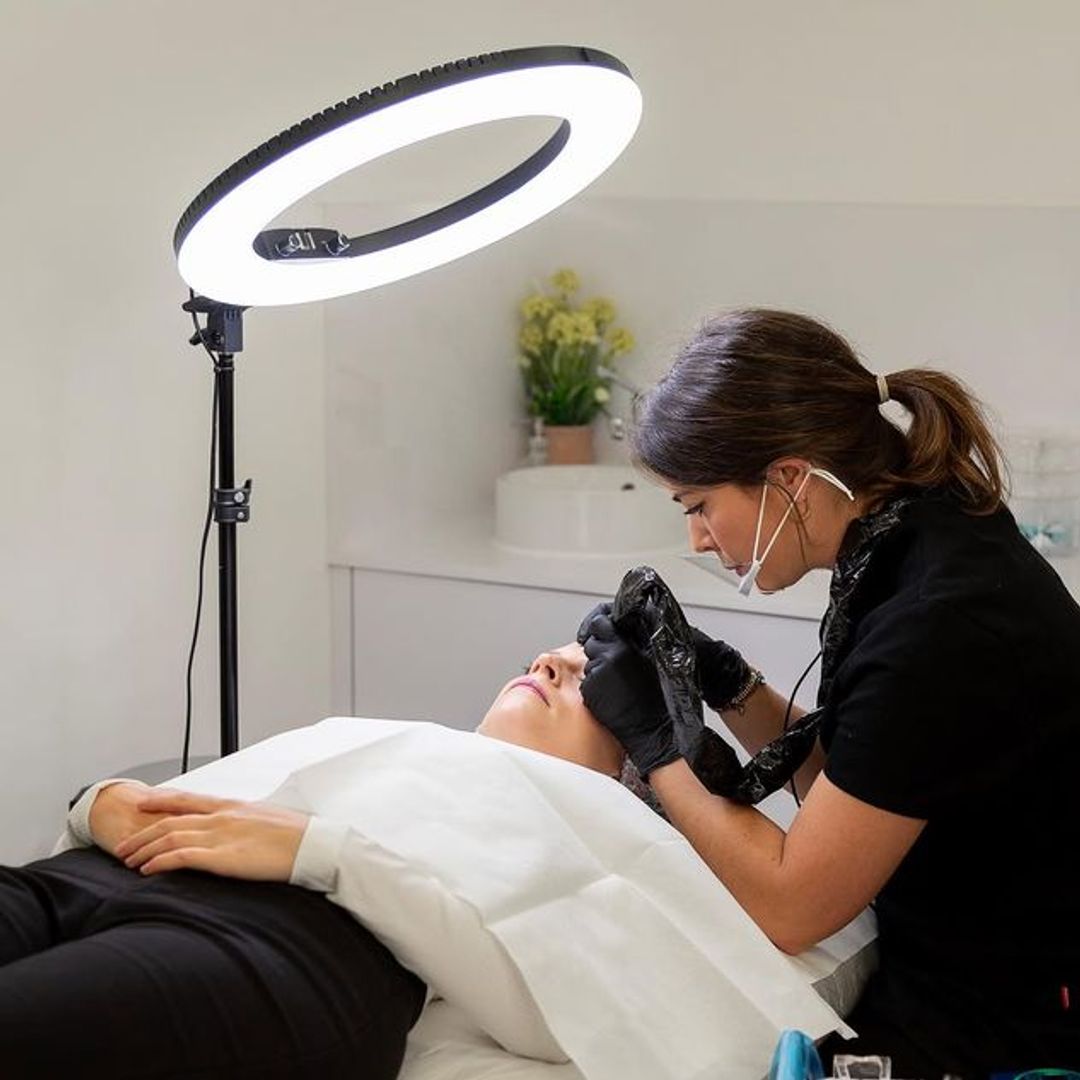I’ve been reading some alarming articles about teenagers using harsh skincare products on their skin. The use of chemical acids, exfoliants and retinol has apparently become common in the teenage set thanks to a fresh interest into candy-cane packaged skincare brands like Drunk Elephant. And a quick poll with friends who are moms of teenagers, suggests that, girls especially, are pressuring each other into trying and buying pricey skincare products as early as elementary school age!
It’s no wonder then that the hashtag #teenageskincare has garnered over 26.4 million views on TikTok! A quick scroll and you’ll find pint-sized beauty influencers — also known as “Sephora kids” — sharing their 12-step skincare routines and ingredients too.
Of course, as a mom of two teenage boys - an 18 and 13 year old - I’m aware that teenagers naturally take more interest in skincare as they get older. And I remember, when I turned 13, being introduced to the concept of a skincare routine too, thanks to Clinique’s infamous 3 step cleanse-tone-moisturise regime.
Plus being a Beauty Editor, I know that teenagers should have some kind of skincare routine in place. The shift in hormones plays havoc with their skin, which can lead to blemish outbreaks, oily t-zones, skin sensitivity and reactions. However, they should be prioritising basic hygiene rather than introducing unnecessary steps normally reserved for older skins. These can potentially ruin and damage their skin in the long term.
And other experts agree. “Something I feel quite strongly about is discouraging the adoption of intricate anti-aging routines that involve actives like vitamin C, retinoids and other exfoliating acids,” explains Consultant Dermatologist, Dr Anjali Mahto. “Teenagers are sometimes overly concerned about premature ageing. I recently saw a 14 year old in clinic who was concerned about crow’s feet. She had undoubtedly been influenced by social media and influencers.”
So what should they be using?
I always recommend that my sons wash their face when they come home from school and before bed using a gentle cleanser from a dermatologist approved brand like Cerave or Cetaphil. The buildup of dirt and oil accumulated during the day needs to be washed away, and if they go to bed with clean skin, then a simple rinse with water is enough in the morning. And when my son’s are going through a spotty period - I suggest they switch to a cleanser that contains a mild active ingredient like salicylic acid or benzoyl peroxide which helps to mop up any blemish-causing excess oil too.
Teenagers are often afraid of using moisturiser as they think it will make their skin break out. But using a lighter, non-comedogenic (meaning it won’t block the pores) moisturiser that’s designed for oily or combination skin will help it function better. Science proves that even acne-prone skin will break out less if it’s kept well hydrated. Again, I always recommend Cerave moisturisers as they are fragrance free, suitable for even really sensitive skins, and are developed by dermatologists - the experts that know best. And during the summer, when they’re outside playing sports, they use a moisturiser with added SPF. It’s never too early to introduce sun protection!
For my son's friends - both girls and boys - I always give the same advice. A simple cleanse, moisturise and protect routine is generally all that is needed. If they like, a separate spot treatment could be introduced to target individual blemishes. The zit stickers from brands like Starface World are always fun and prevent the temptation to pop and pick at spots (which can lead to scarring). I also remember loving the indulgence of a face mask when I was a teenager too, so if they’re tempted, make sure they avoid using any with high-strength actives like retinol. This will just damage their skin. Bubble has a good teenage-friendly offering.
And finally remember: it’s not just skincare products that will keep teenage skin healthy. Drinking plenty of water, having adequate sleep, exercising and eating fresh home-cooked meals packed with vegetables will work wonders. It’s also important to remind your teens to wash their pillowcase regularly (or more than likely, remind you to do it) and for them to keep their hands and hair away from their face. The oil and dirt that can be transferred to their skin via fingers, hair and old pillowcase grease can lead to more spots and worsen existing skin issues.
Subscribe to HELLO!'s Beauty Collective newsletter for exclusive content straight to your inbox
